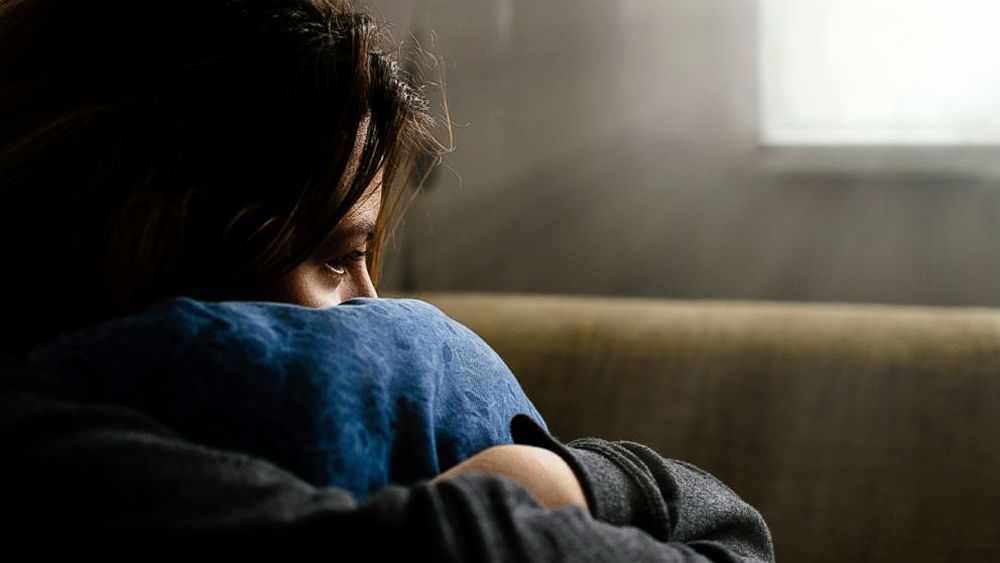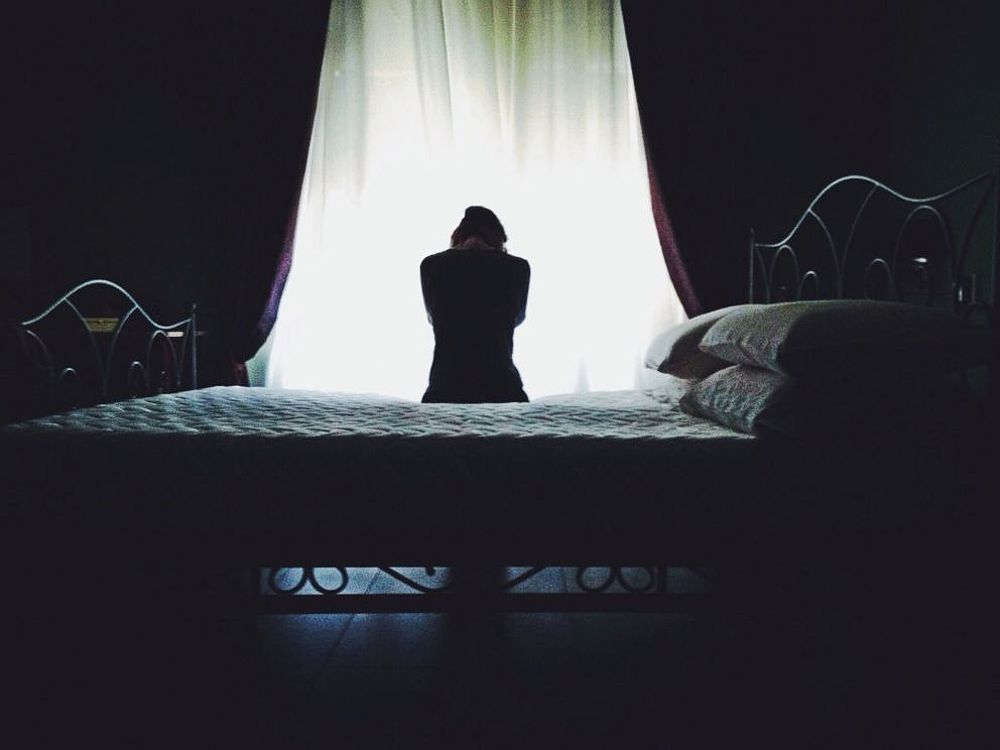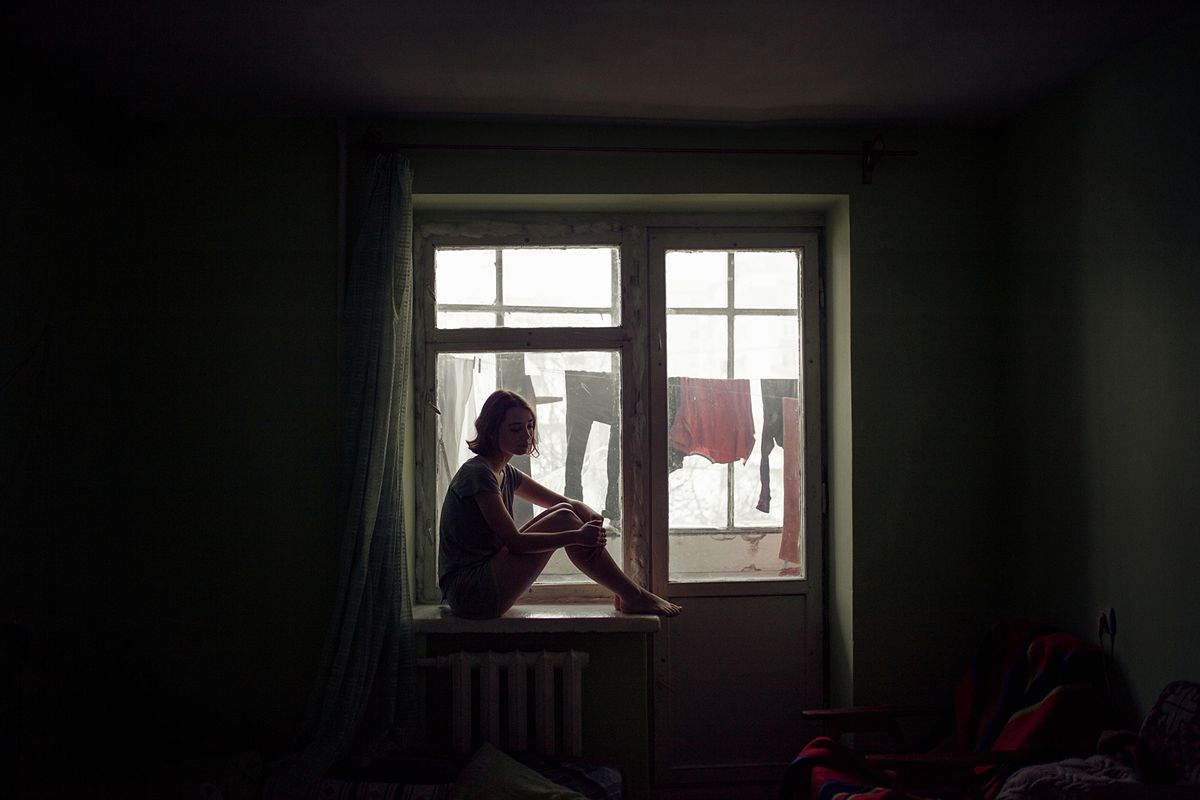Exposure to even small amounts of light at night can increase the risk of depression, according to a recent study. The study found that individuals exposed to more than five lux of light each night had a higher chance of developing depression, even after accounting for other factors. Creating a completely dark bedroom can help improve sleep hygiene and reduce the risk of depression.
The Impact of Nighttime Light Exposure on Depression Risk
Exposure to even small amounts of light at night can increase the risk of depression, according to a recent study published in the American Journal of Epidemiology. This finding is particularly concerning as more and more people are using electronic devices in bed or leaving the television on as they sleep, which can disrupt internal sleep/wake cycles.
The study went beyond previous research by using a portable light meter attached to participants' beds to measure their exposure to low levels of nighttime light. The researchers followed nearly 900 elderly individuals in Japan for two years, assessing symptoms of depression and monitoring sleep/wake patterns throughout the night. They also took into account various factors such as weight, smoking or drinking habits, income level, medication use, high blood pressure, diabetes, and physical activity level.
After the two-year period, the researchers found that those who were exposed to more than five "lux" of light each night had higher rates of depression. To put this into perspective, one "lux" is the amount of light emitted from a candle when sitting 1 meter away. A typical nighttime family room with the lights on measures about 50 lux, while being outdoors in daylight ranges from 10,000 to 25,000 lux. Therefore, 5 lux is equivalent to the brightness of a street light shining through a window into a darkened bedroom.
Although only a small portion of the study participants had nighttime bedrooms with more than 5 lux of light, this group showed a 65 percent increased chance of developing depression after two years. Even after accounting for high blood pressure, diabetes, and sleep/wake patterns, there was still a 63 percent increased risk of depression among those exposed to light at night. Additionally, individuals with nighttime light exposure tended to go to bed earlier, wake up later, and spend more time in bed overall compared to those who slept in darker rooms.
The Impact of Light-at-Night (LAN) on Sleep and Depression
The study suggests that light-at-night (LAN) may disrupt sleep, impair melatonin secretion, and lead to misalignments between sleep/wake behavior and depression. These conditions are often associated with depression, making it important to address the issue of nighttime light exposure for better sleep hygiene and mental health.
One of the simplest interventions to improve sleep hygiene and reduce the risk of depression is to ensure that the bedroom is completely dark. By eliminating sources of light, individuals can create a more conducive environment for quality sleep.
Conclusion
In conclusion, the study highlights the potential harm of even minimal nighttime light exposure on mental health. Taking steps to minimize light in the bedroom can have a positive impact on sleep quality and overall well-being.



